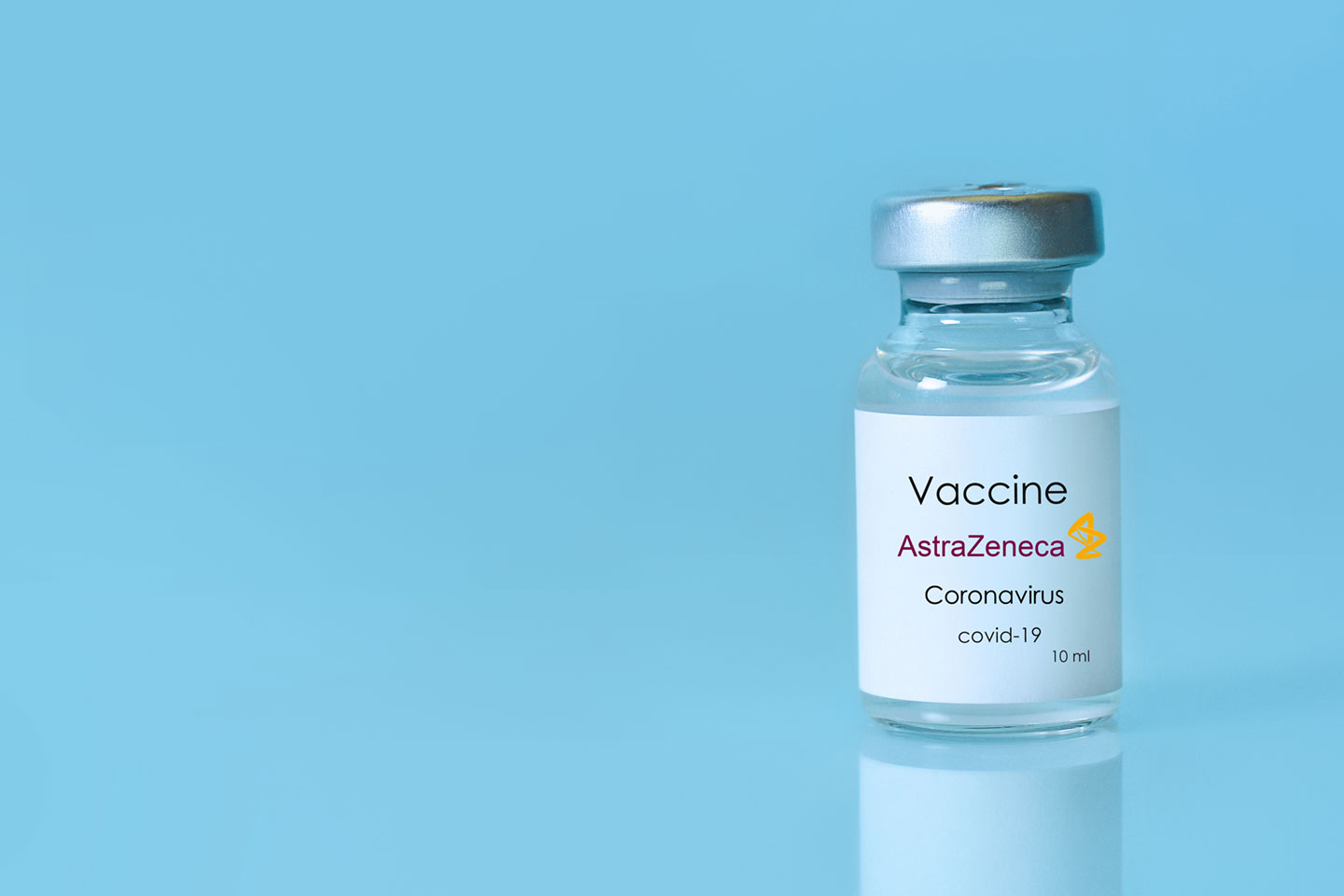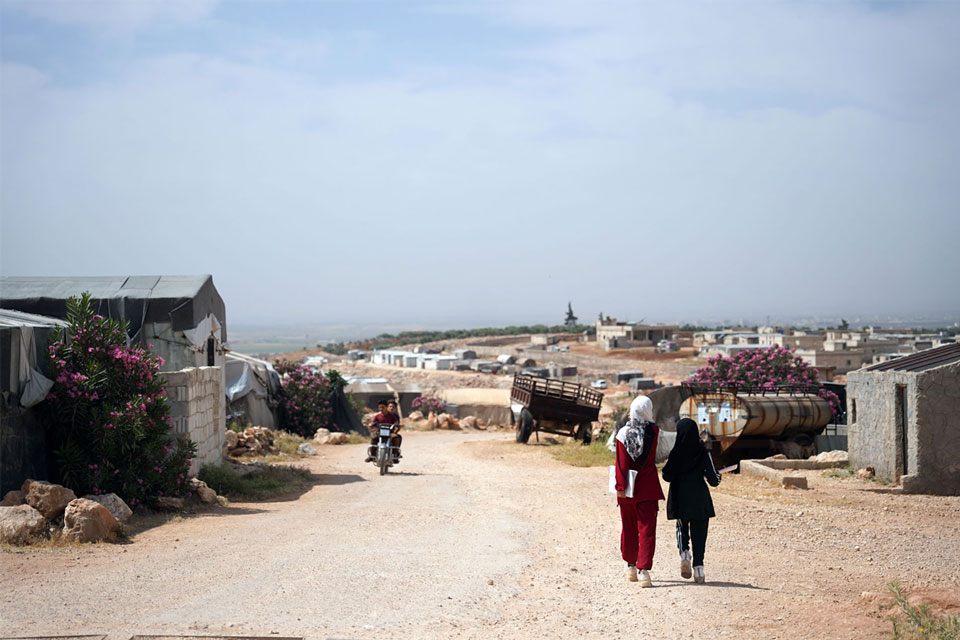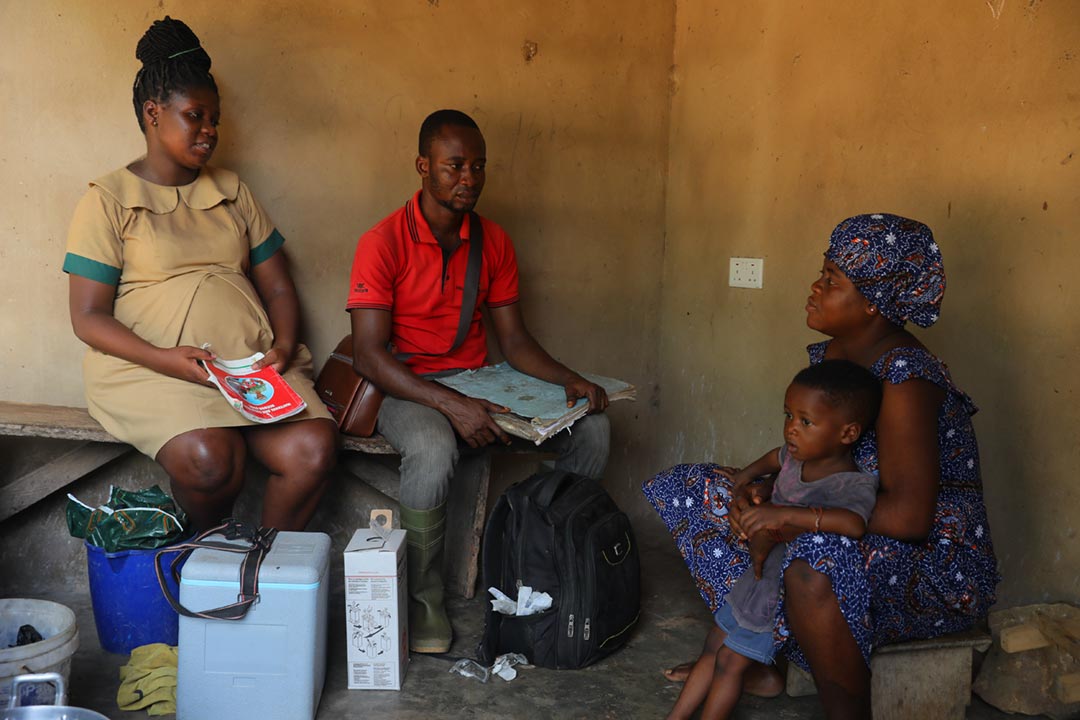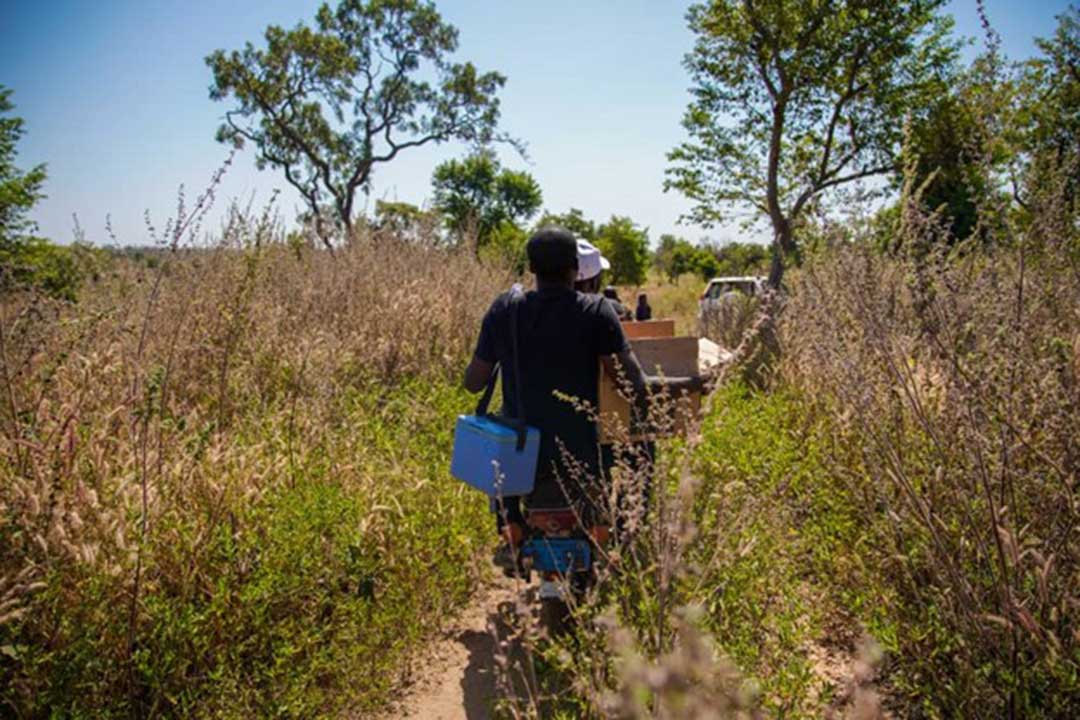WHO experts have just recommended the Oxford-AstraZeneca vaccine: here’s what they found
The recommendations offer reassurance amid concern over whether some vaccines are as effective against new variants.
- 12 February 2021
- 3 min read
- by WHO

The Oxford-AstraZeneca vaccine has now been recommended by the World Health Organization's (WHO) Strategic Advisory Group of Experts (SAGE) for use in all adults, including people older than 65 years. SAGE, which advises the WHO on its global policies and strategies for vaccines, has said that the vaccine should be given in two doses, eight to 12 weeks apart.
Prior to this recommendation, the vaccine had been shown to be effective and had been through stringent regulatory approvals.
Only people with a history of severe allergic reaction to a component of the vaccine should not take it, nor should children.
This SAGE recommendation comes as the COVAX facility prepares to start shipping doses of the Oxford/AstraZeneca vaccine worldwide to low- and middle-income countries. COVAX, coordinated by Gavi, WHO and CEPI (Coalition for Epidemic Preparedness Innovations), was set up to ensure that everyone around the globe has equitable access to COVID-19 vaccines.
Since the Oxford-AstraZeneca vaccine can be stored in ordinary refrigerators at 2 to 8°C (unlike Pfizer and Moderna’s RNA vaccines that need to be kept at sub-zero temperatures) this makes it especially important in the fight against COVID-19 in countries which lack access to ultra-cold chain refrigeration or reliable electricity supplies.
The vaccine is now expected to receive an Emergency Use Listing from the WHO, which means COVAX can begin rolling it out.
Who should get the vaccine first?
The WHO recommends that priority be given to health workers at high risk of exposure and people aged 65 or older, followed by people with underlying comorbidities such as respiratory disease or diabetes.
Have you read?
Although people can take the vaccine if they have already had COVID-19, the SAGE experts say that they could defer vaccination for up to six months from the time of infection, to ensure supplies for others who may need the vaccine more urgently.
Vaccination can be given to pregnant or breastfeeding women too, especially if the benefit of vaccinating a pregnant woman outweighs the potential vaccine risks (e.g. if the pregnant woman is a health worker or has co-morbidities). Only people with a history of severe allergic reaction to a component of the vaccine should not take it, nor should children.
Effectiveness against new variants
A recent study from South Africa showed limited efficacy against the B.1.351 variant circulating in the country. However this had a relatively small number of participants, used a different dosing interval to that recommended and did not include vulnerable groups so could not study the vaccine’s impact on severe disease, hospitalisations and deaths.
Not only is there no robust evidence that the vaccine is less effective against the B.1.351 variant, but also this variant is not dominant in most of the world.
In addition, all vaccines with data published so far show less effectiveness against mild disease for the South Africa variant.
It is critical to remember, says Dr Katherine O’Brien, Director of WHO’s Department of Immunisation, that even if the vaccines are not as effective at stopping the new variants entirely, the vaccines are likely to still be helpful at stopping severe disease and death in the most vulnerable people.









